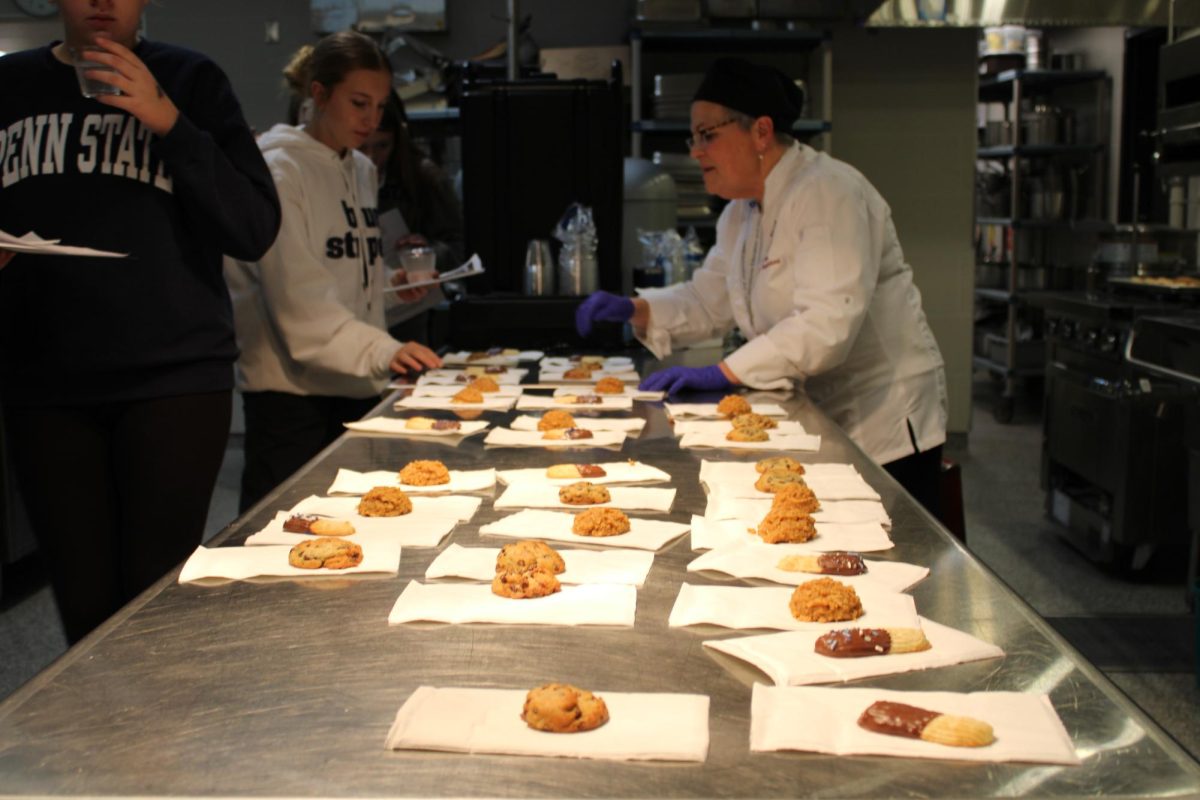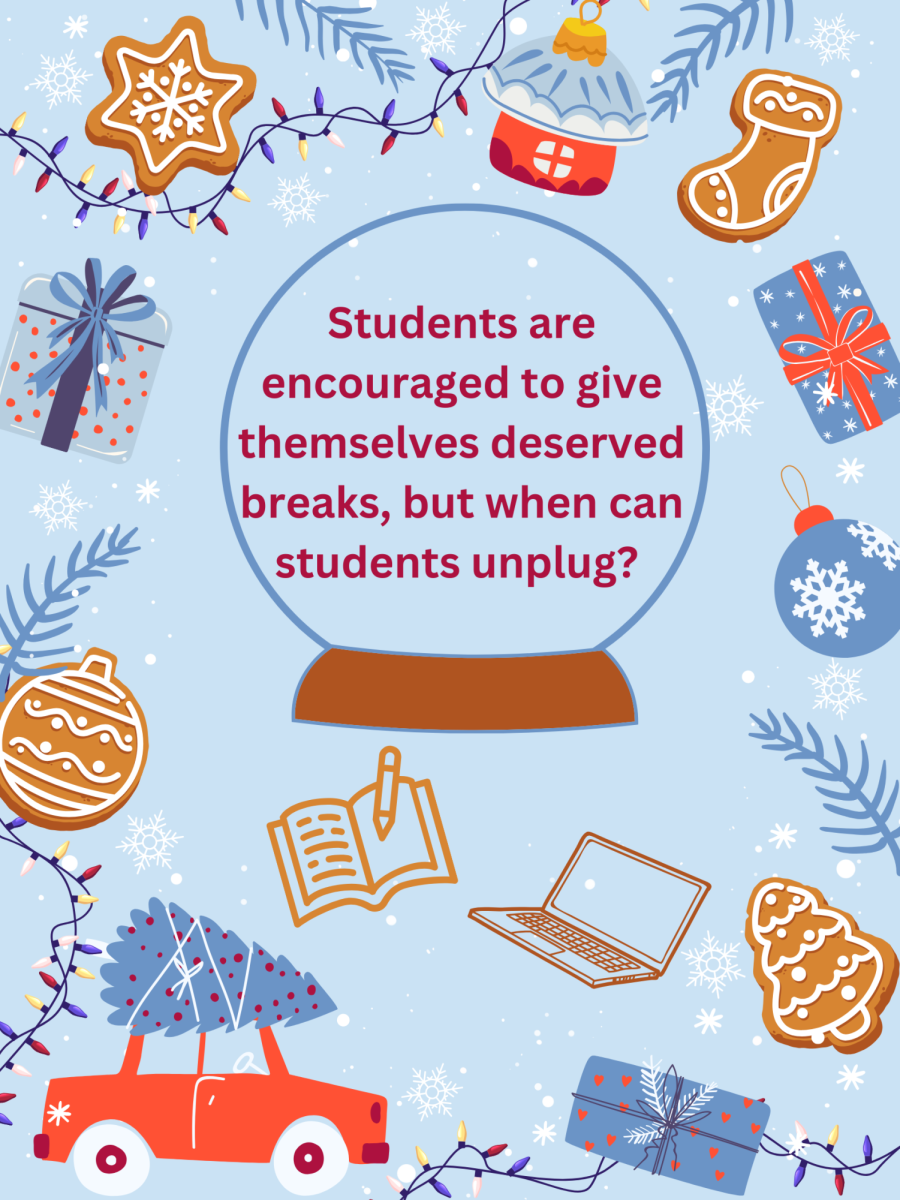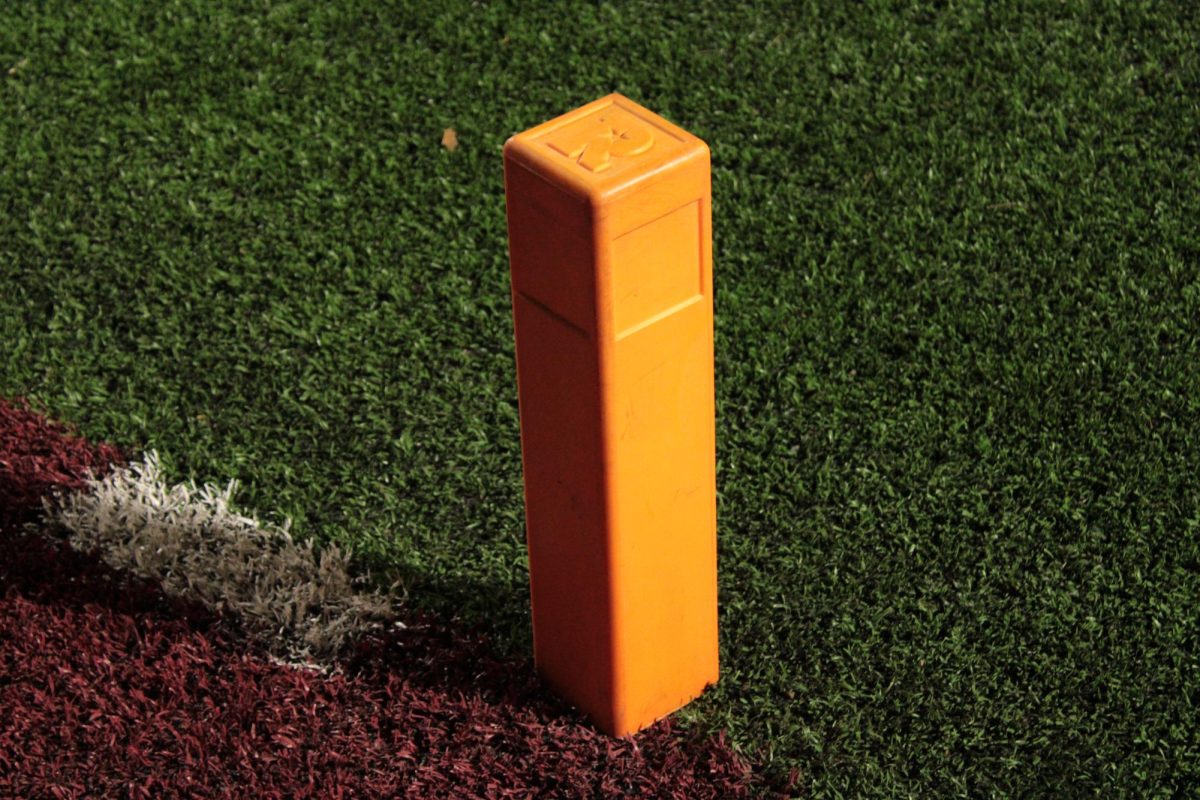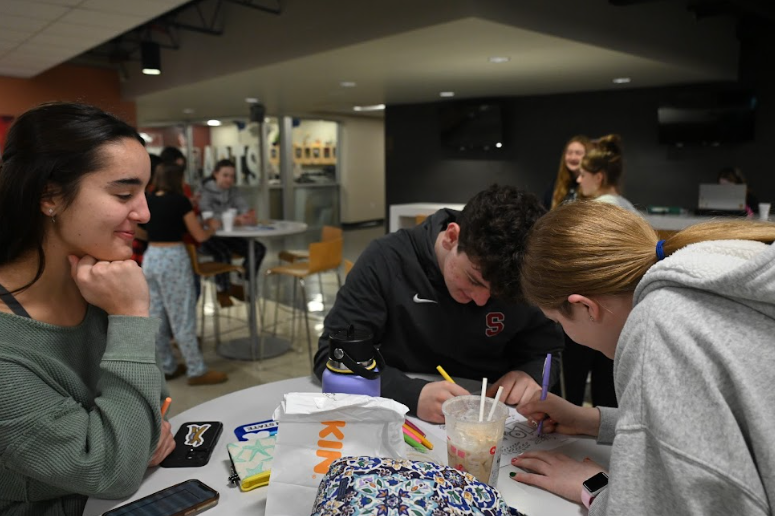Part of growing up is learning through experience. No matter how groundbreaking and earth-shattering it is, going through relationships is the one thing that a parent, teacher, or person themselves cannot entirely protect themselves from.
Relationships, no matter what they look like, seem almost high risk for adolescents. Developing ways to identify red flags in relationships during youth sets up the beginning of a new pattern for the individual when they grow to accept and experience a healthy relationship.
84% of women and 75% of men claimed to have had a toxic friend at one point in their lives. Identifying the instability of these specific relationships is the first step of breaking the cycle. A person’s direct support group is what determines an individual’s ability as it sets a precedent for the person on what kind of behavior is “normal” and “acceptable.”
According to the National Library of Medicine, it’s stated that “Self-esteem is not independent of the individual’s social environment, but directly interwoven with social relationships and experiences.” In accordance to that, self-esteem is also defined as a general sense of worthiness.
As a teenager, worthiness is something that a person picks up from their environment to reinforce themselves in their self-esteem. But when a person is not in a good place, self-esteem is negatively impacted as well. Subconsciously, a person will seek out more validation for themselves. Surrounding environment is oftentimes a determinant and heavily impacts a person’s relationships.
According to youth.gov, teens who have stressful lives, symptoms of trauma (previous victimization), and come from disadvantaged homes are recorded to be more likely to be susceptible to toxic and abusive relationships.
When people don’t know how to detach themselves from what they receive in their environment and self-esteem, it’s easy to become accustomed to the behavior they surround themselves with, not knowing how harmful it is. But what happens when they do?
“I think that students oftentimes don’t recognize that they are in these relationships because they aren’t provided the resources to properly determine and evaluate their situations. And also once they do realize the severity of the situation that they are in, they don’t understand how to properly cope or deal with it in a proper way,” Delta student Shanone Geraty observed.
When family and close circle of friends do not provide the support a person needs, it’s easy for the person to want to search for that sense of support from another source.
Romantic relationships are not a completely separate piece but a factor of the pattern of unhealthy adaptations a person can make when lacking self-esteem.
33% of adolescents in America experience sexual, physical, verbal, and emotional dating abuse. That’s 13,860,000 teenagers who experience the common very long-term consequence of abuse such as doing poorly in school, lack of school attendance, addictions, and overall life insecurity.
A lot of the time, for people who find themselves surrounded by those who mistreat them, it isn’t always clear that that’s what’s happening until after the fact when the realization hits but this isn’t always done in a specific timeline. It’s a sad fact that behavior, especially toxic behavior, is not recognized if the receiver (in this case young and impressionable) does not know what is considered bad or not, especially if it’s considered to be normal. Because how do you know what is or not?
Some people may or may not notice that behaviors they exhibit are considered abusive and or toxic. Behavior can also be adapted. Healing yourself and recognizing the signs of unhealthy behavior minimizes a person’s likelihood of repeating the cycle.
For sophomore Louie Kauffman, looking back at past relationships, he recalled that, “I have changed a lot the past couple of months when it comes to being a good friend. A good friend is someone who listens and doesn’t break your trust. I think I used to be a bad friend but every day I try to work on becoming a better one.”
Having a strong social network supports overall self-esteem and therefore a person’s general well-being. This decreases a rise in stress hormones, physical dysfunctions, and unhealthy behavior that becomes a part of a person’s life every day in their friendships and romantic ones.
Breaking the cycle begins when people are taught how to identify healthy and non-healthy relationships and how to eventually accept what may be foreign, but good for a person. The beginning of learning through a new experience starts when we notice the good in our own and others’ actions no matter how hard it may be.








